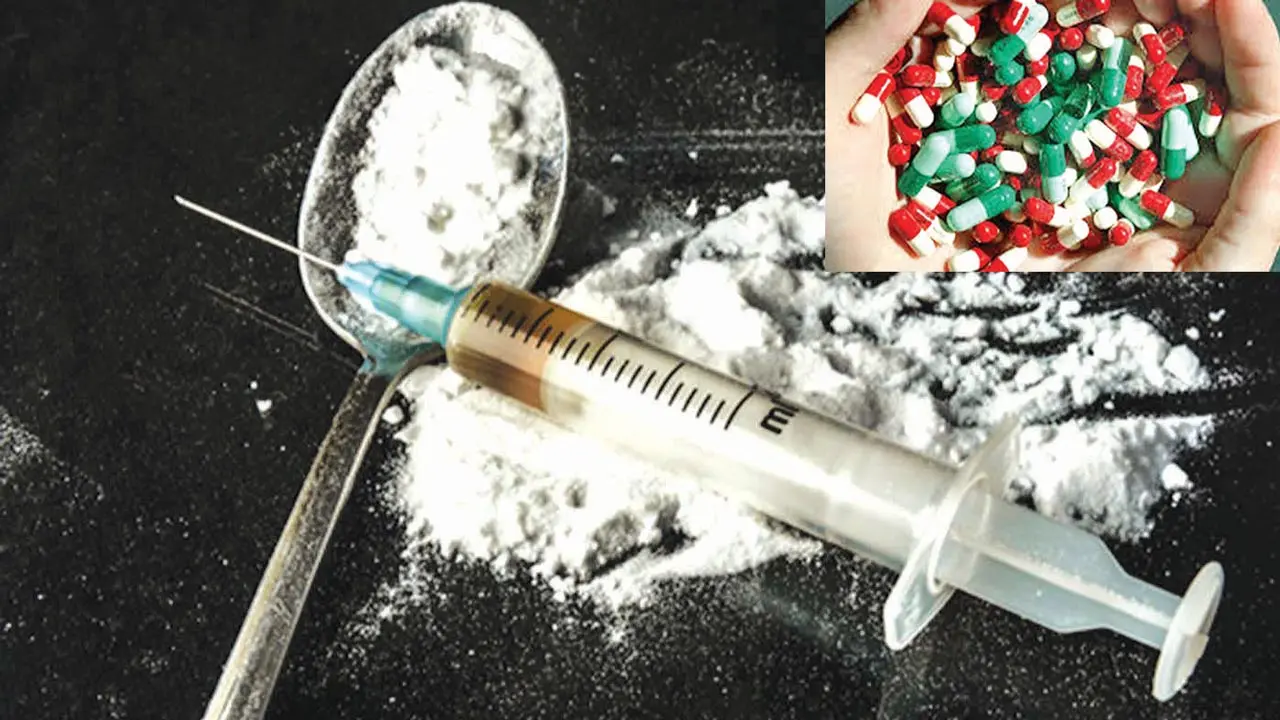An alarming upsurge in hard drug dependency is wreaking havoc on the lives of young individuals in Port Harcourt, Rivers State. Seven out of every ten cases in most neuro-psychiatric hospitals within the state are directly linked to hard substance abuse.
Driven by factors such as peer influence, depression, and youthful enthusiasm, these individuals find themselves ensnared in the vicious cycle of hard drug addiction. Often resorting to desperate measures like engaging in prostitution for females and resorting to theft for males just to sustain their lethal habits.
Abuja Down, situated near Creek Road Market in Port Harcourt, has emerged as a notorious epicenter for illicit drug transactions, attracting addicts who grapple to break free from the abyss of addiction.
Once thriving careers of young women have been decimated after being introduced to substances like Crack Cocaine and Crystal Meth, leading them into a perilous spiral of addiction and forced prostitution to finance their insatiable drug cravings.
Despite the yearning for rehabilitation among some individuals, the exorbitant costs associated with treatment facilities, whether government-run or private, pose significant barriers for victims seeking assistance.
A visit to the Neuro-Psychiatric Department of the University of Port Harcourt Teaching Hospital provided firsthand insight into the challenges of providing psychiatric care, which, while indispensable, comes with substantial financial burdens.
Dr. Frances Adiukwu, the head of the Neuro-Psychiatric department at UniPort teaching hospital, highlighted a staggering over 400 percent increase in cases of drug addiction-related mental breakdowns over the past decade.
Efforts to ascertain the government’s initiatives in combating drug trafficking at these hotspots faced obstacles, as authorities from the NDLEA Rivers State Command were unavailable for comment.
Nonetheless, insights from an anonymous source revealed periodic crackdowns on drug hubs and the establishment of a rehabilitation center by the agency to assist willing victims.
Despite these measures, the prohibitive costs of rehabilitation underscore the pressing need for comprehensive strategies to address the underlying causes of addiction.
-7 October 2024




